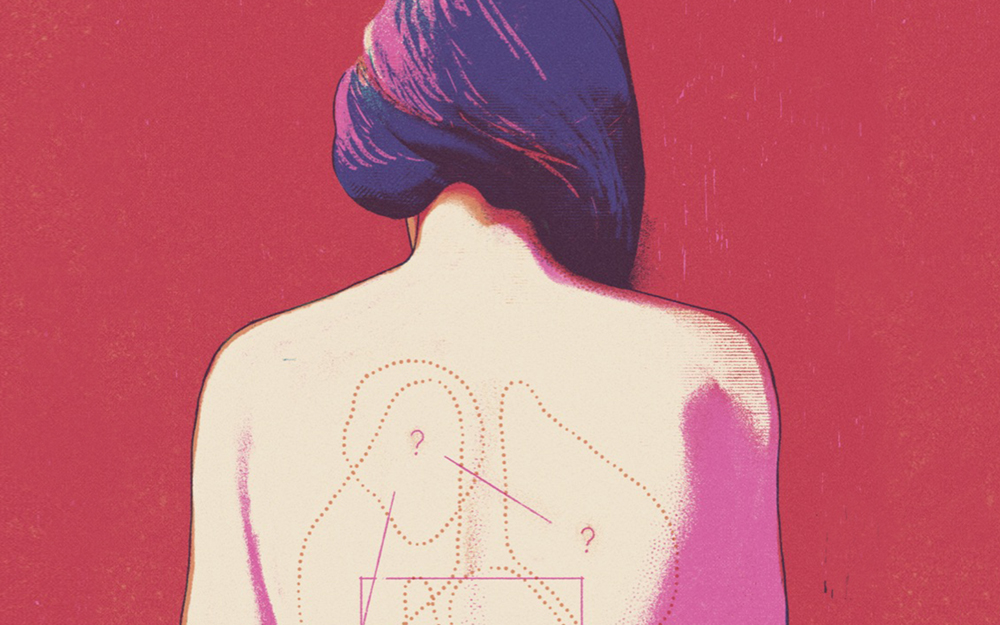Research Highlights Sex-Related Health Differences
Date
December 3, 2020
Credits

Date
December 3, 2020
Credits
Medical providers featured in this article
In Brief
{{cta-block}}
Cedars-Sinai investigators are working to advance scientific understanding of women's health
Medical research has long been based on studies performed in men alone, meaning many diagnoses, treatments and drugs are blindly applied to women—with sometimes-unsafe results. Last year, Cedars-Sinai's Center for Research in Women’s Health and Sex Differences (CREWHS) awarded its second round of grants to investigators whose work aims to advance scientific understanding of women’s health.
Grantee: Alexandra Moser, PhD
Study: how females who carry the apolipoprotein E 4 gene variation—already known to increase the risk for Alzheimer’s and other neurogenerative diseases—may be further impacted by obesity and exposure to heavy metals through air pollution and water
Potential: understanding how genes, sex and lifestyle factors interact in order to mitigate a patient’s risk before Alzheimer’s develops
More on Alexandra Moser, PhD in the Svendsen lab.
Grantee: Eynav Accortt, PhD
Study: whether women who develop perinatal mood and anxiety disorders have elevated inflammation that can be detected in blood proteins
Potential: biomarkers that could eventually lead to screening tests that would enable earlier intervention
More on Eynav Accortt, PhD.
Grantee: Melodie Metzger, PhD
Study: whether oral contraceptives higher in progesterone may protect female athletes from common anterior cruciate ligament tears—injuries more frequent in women than men athletes
Potential: uncovering whether hormonal fluctuations responsible for relaxing ligaments and tendons result in increased injury, and whether birth control may stabilize such fluctuations
More on Melodie Metzger, PhD
Grantee: Gantsetseg Tumurkhuu, PhD
Study: examining the exacerbating effects of estrogen on lupus—specifically, how hormone levels correlate with flare-ups caused by exposure to sunlight
Potential: further insights into the debilitating autoimmune condition, which women are nine times more likely to suffer than men
More on Gantsetseg Tumurkhuu, PhD
Research funding is made possible by donations from the William H. Donner Foundation, Louis B. Mayer Foundation and Cedars-Sinai.